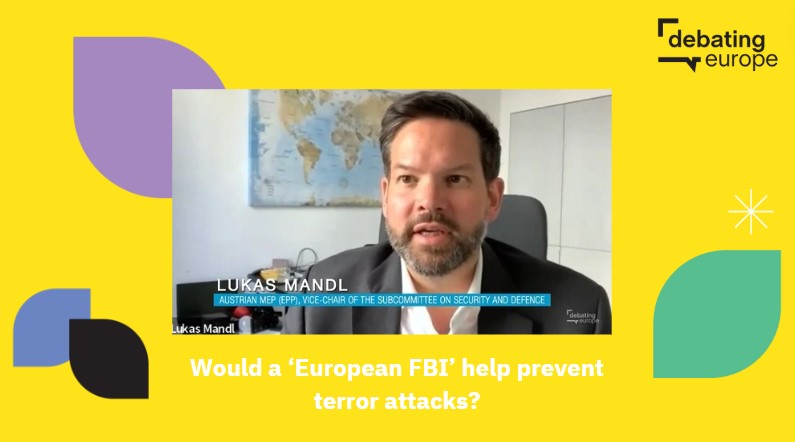Reports, videos and workshops
Would a ‘European FBI’ help prevent terror attacks?

In the 1930s, Bonnie and Clyde seemed unstoppable.
Their gang was infamous for a series of brazen bank robberies, zig-zagging across state lines to exploit rules that prevented police officers from following them into another jurisdiction.
The United States was confronted with a problem. Bank robbers could cross borders, but law enforcement officials could not. By the 1930s, automobiles had become widespread and criminals were more mobile than ever before.
America found a solution in the Federal Bureau of Investigation (FBI). Agents of the FBI had federal jurisdiction, allowing them to investigate and pursue felons wherever they went.
Today, Europe faces an even more mobile threat.
Transnational terrorism and criminal gangs exploit freedom of movement within the European Union to evade capture, and the good guys often struggle to keep up. Would improved intelligence sharing be enough? Or does Europe need its own version of the FBI to identify and dismantle cross-border crime and terror networks?
What do our readers think?
We had comments come in from Alexander and Betti on intelligence sharing and a “European FBI”. To get a response, we put them to Lukas Mandl, an Austrian MEP who sits with the centre-right European People’s Party and is Vice-Chair of the European Parliament Subcommittee on Security and Defence. You can see his response in the video at the top of this post.
Would a ‘European FBI’ help prevent terror attacks?
Or is such a thing politically impossible? Let us know your thoughts and comments in the form below and we’ll take them to policymakers and experts for their reactions!
Funded by the European Union. Views and opinions expressed are however those of the author(s) only and do not necessarily reflect those of the European Union or the European Commission. Neither the European Union nor the granting authority can be held responsible for them.![]()
